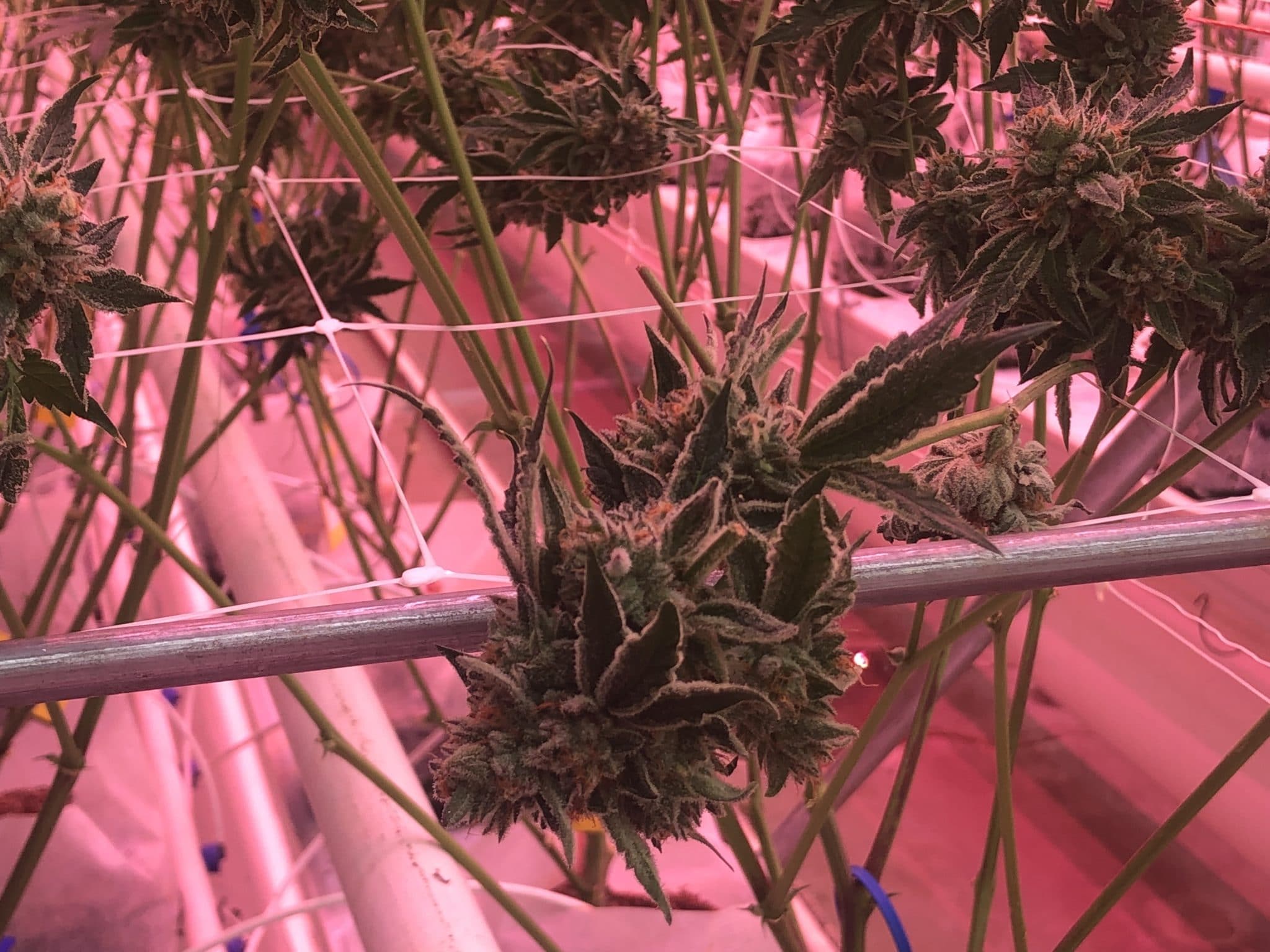The New Jersey Cannabis Regulatory Commission (CRC) voted on March 24 to approve “conditional” licenses for 68 different businesses—but chose again to delay opening the first dispensaries under the adult-use legalization measure that voters approved back in November 2020. The decision has sparked outrage from lawmakers and cannabis businesses alike. But given the circumstances, some legalization advocates are less concerned.
The businesses that received conditional approval include cannabis cultivators, manufacturers and testing labs. “These are the first businesses to get a foot forward in the state of New Jersey,” said CRC Executive Director Jeff Brown. “I cannot stress that enough.”
But dispensaries, the places where people will actually be able to buy cannabis, were left out. The CRC recently opened applications for dispensary licenses on March 15, and has since received 232 applications.
As in other states, it’s expected that existing medical marijuana companies will be the first to be approved for retail sales. New Jersey legalized medical cannabis in 2010, and now has 11 companies operating 23 medical dispensaries. Eight companies plan to expand their business to include adult-use sales—but the CRC rejected their applications on March 24. Those companies now have to modify their applications for reconsideration.
“These delays are totally unacceptable.”
Medical marijuana executives are blasting the CRC’s slow progress on approving dispensaries. “When it comes down to it, it’s New Jersey’s citizens who are missing out,” wrote the New Jersey Cannabis Trade Association, representing all 11 medical companies. “The adult-use market will be a huge boon to New Jersey’s economy.”
And state Senate President Nick Scutari (D) went much further. “These delays are totally unacceptable,” he said. “We need to get the legal marijuana market up and running in New Jersey.” Putting teeth behind his calls, he wants to form a special investigative committee in the legislature, to question what’s taking so long.
That makes Sen. Scutari sound like a warrior for cannabis access. But we should remember that this is the same Scutari who recently argued that New Jersey residents shouldn’t be trusted to grow their own cannabis plants at home. That tells us a lot about his intentions—he’s using his political power to try to push through early cannabis sales that will primarily benefit existing medical marijuana businesses.
And these are no small, family-owned shops. Several of the companies, like Columbia Care, Curaleaf and Apothecarium, are large corporations not even based in New Jersey. They own portfolios of stores throughout the US, and some even internationally.
At this point, New Jersey voters have waited nearly 17 months since they approved legalization. That’s a long time, and means that many of the harms of prohibition continue. But New Jersey’s cannabis regulators are not doing a uniquely bad job. As New Jersey Monitor notes, most states have taken a similarly long time to open retail sales. Some, like Massachusetts, have taken even longer. New Mexico is doing it in just one year, but that’s unusually fast.
“In order to get this done right, there’s going to be delays.”
Leo Bridgewater, a veterans outreach director with Minorities for Medical Marijuana, takes a more relaxed view on the wait. And he commended both Governor Phil Murphy (D) and the CRC for their work thus far on legalization—especially compared to Murphy’s predecessor Chris Christie (R), who was much more opposed to cannabis reform.
“In order to get this done right, there’s going to be delays,” Bridgewater told Filter. “To see where we are today versus where we came from, I think it’s pretty remarkable.”
Bridgewater also praised Murphy for his commitment to medical marijuana patients. As Filter has reported, New Jersey’s population of registered medical marijuana patients has grown dramatically during Murphy’s tenure, now numbering over 100,000. But the state suffers a widespread shortage of medical products, and prices have shot up to some of the highest in the country.
In fact, the CRC rejected plans from the eight medical operators to expand because the regulators fear medical patients will be neglected once adult-use doors open.
New Jersey’s cannabis law also requires measures like prioritizing business licenses and jobs for residents from neighborhoods with high past marijuana arrests rates, unemployment or violent crime. This was another factor in the CRC’s decision; it argued that the medical companies have no clear plan to hire employees from disadvantaged communities.
“Medical cannabis companies could want all day, but that’s not who the CRC answers to.”
“I would think the medical cannabis [companies] want to see [their approval] happen,” Bridgewater said. “But I don’t give much credence to their ability to apply pressure …They could want all day, but that’s not who the CRC answers to, they answer to the people. I believe the CRC is much more concerned with this being for the people from a medical standpoint.”
As New Jersey continues in this process, all eyes will be on the CRC to see if its licensing process is helping to create opportunities for Black and Latinx residents, for example, who have historically been targeted by drug war policing. According to the CRC, half of the business owners in its first 68 conditional license approvals last week identify as Black.
As Bridgewater cautioned, the “conditional” license is not final. “It’s great that folks got that acknowledgement from the state,” he said. “But all these licenses mean is these folks went from ‘stage one’ to ‘stage two’ of the hard work.”
“And stage two is much different, because now they have to get much more detailed about compliance, folks have to raise capital and secure their properties—that’s a whole lot of hard work that has to happen. This was the opening salvo.”
Photograph by Alexander Lekhtman.





Show Comments